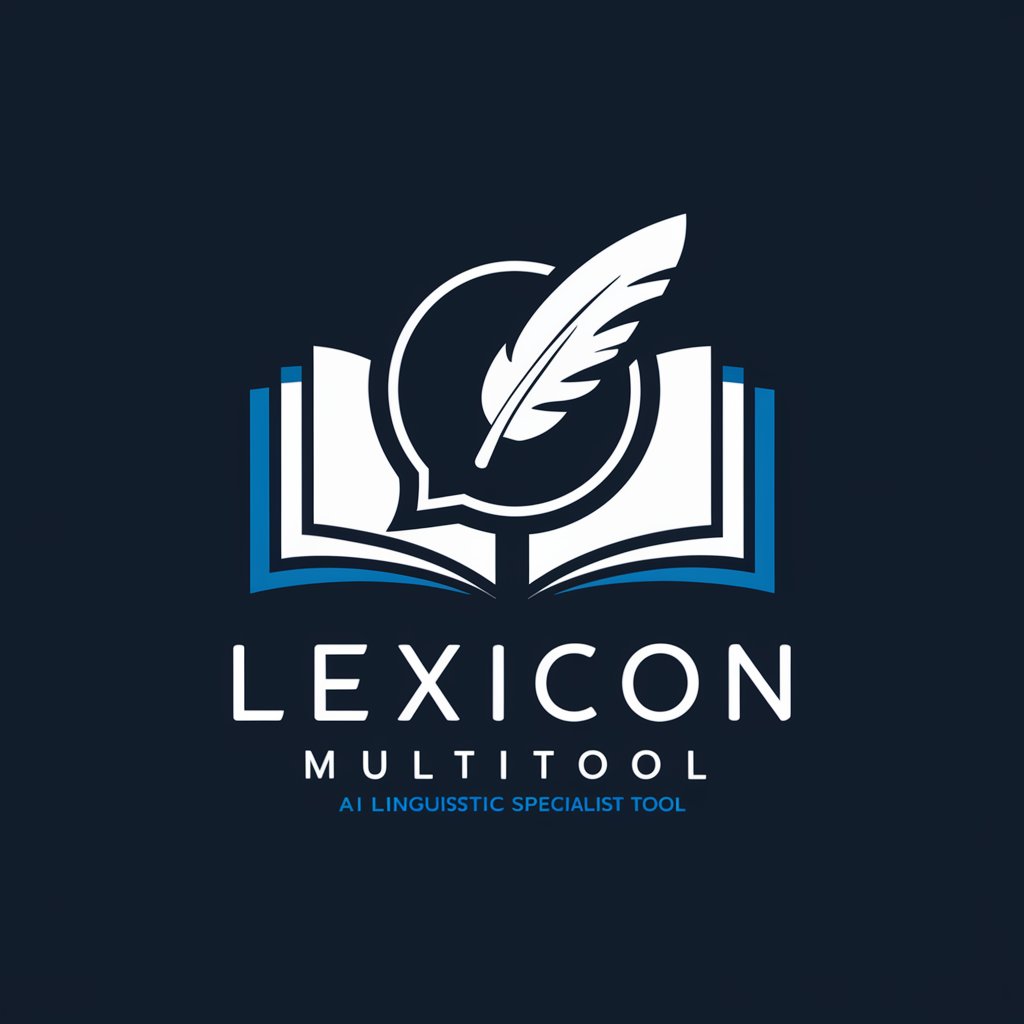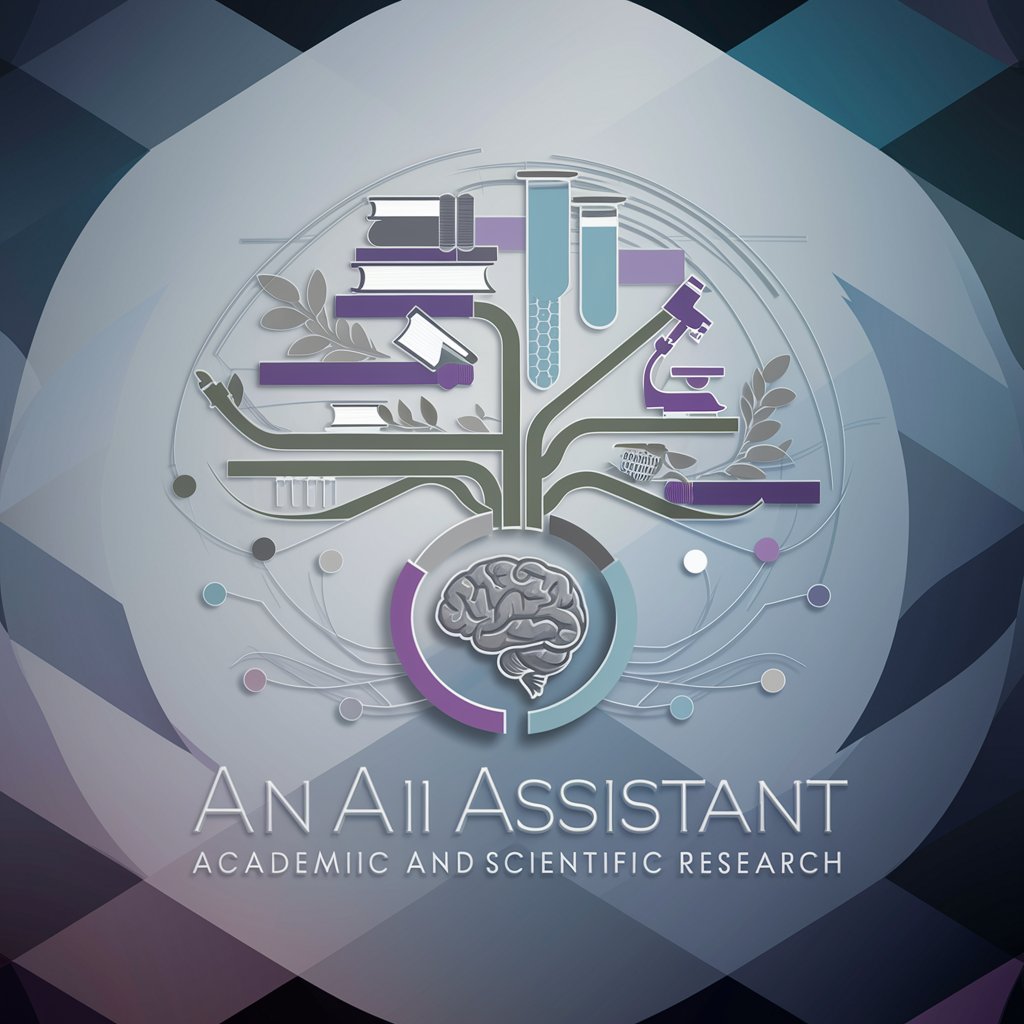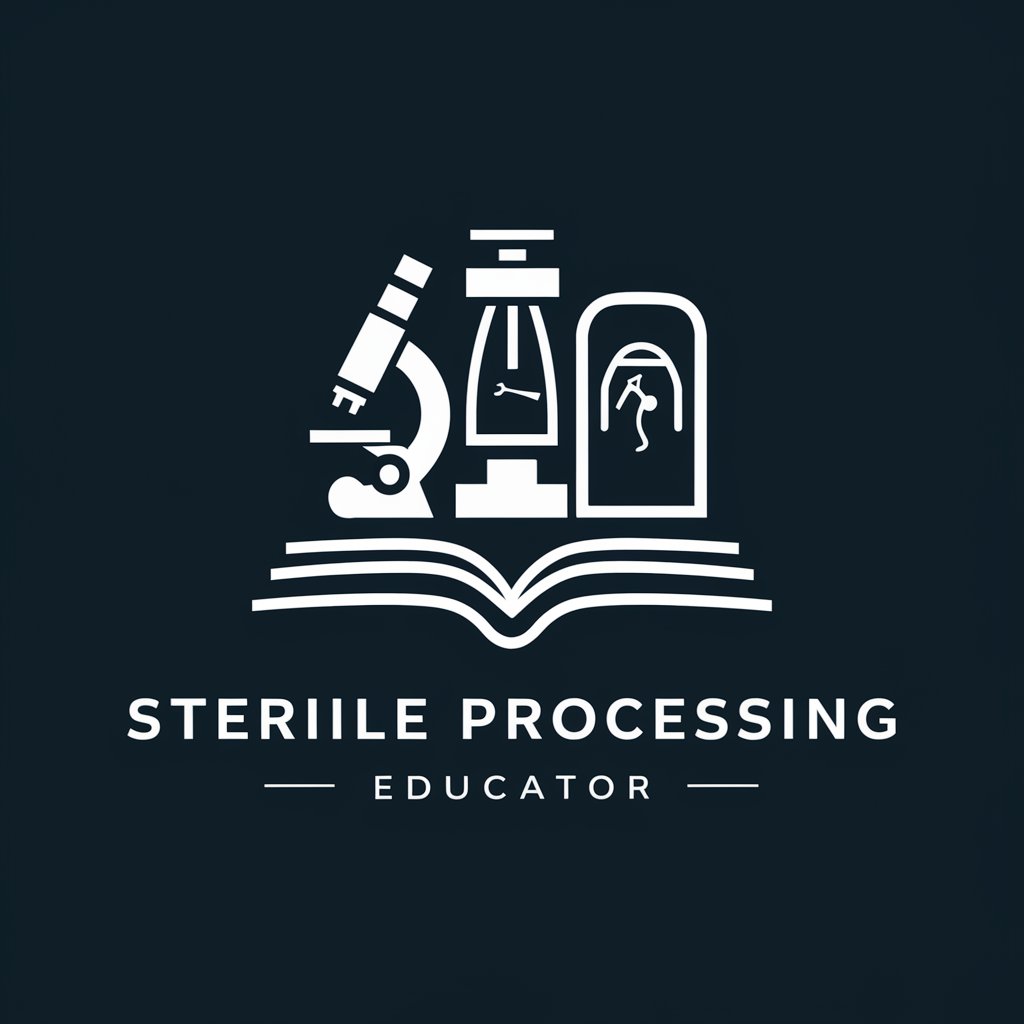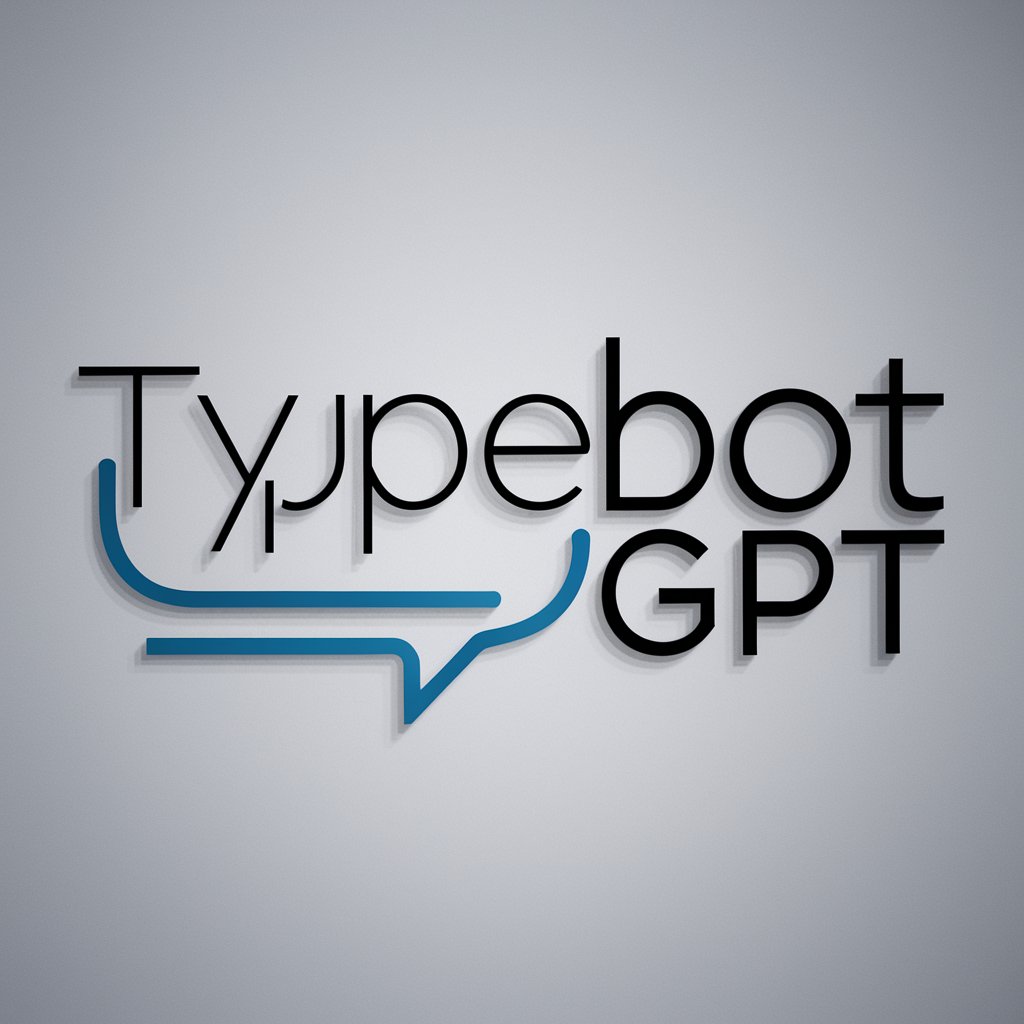Lexicon Multitool - multilingual linguistic tool

Welcome to Lexicon Multitool. How can I assist with your linguistic needs today?
Empowering Language Mastery with AI
What is the commonality of the following word?
Provide ten synonyms for the following word:
Translate the following word into multiple languages:
Tell me an interesting fact about the following word:
Get Embed Code
Overview of Lexicon Multitool
Lexicon Multitool is a specialized linguistic tool designed to provide detailed insights into words or groups of words. Its primary purpose is to enhance understanding and usage of language across various contexts by offering thorough analyses including common usage, synonyms, antonyms, definitions, and more. The tool is capable of responding in the language of the input, ensuring accessibility to a diverse user base. For instance, if a user inputs a word in French, the tool responds entirely in French, providing linguistic details pertinent to that language. Powered by ChatGPT-4o。

Key Functions of Lexicon Multitool
Linguistic Analysis
Example
For the word 'meticulous', Lexicon Multitool provides information such as its commonality (e.g., conventional), formal and informal alternatives (e.g., 'precise' and 'picky'), and uses it in a sentence.
Scenario
A writer looking to diversify their vocabulary while writing a technical document.
Thesaurus and Dictionary Insights
Example
Provides synonyms like 'detailed' and 'thorough', antonyms such as 'careless', a detailed dictionary definition, and a comprehensive thesaurus explanation with related terms.
Scenario
A student preparing for a college entrance exam needing to understand and utilize a range of vocabulary effectively.
Translation
Example
Translates a word into multiple languages, such as Spanish, German, and Mandarin, enhancing understanding across linguistic barriers.
Scenario
Business professionals engaged in international communications who need quick translations to foster clearer dialogue.
Target User Groups for Lexicon Multitool
Academic Students
Students across all levels of education can use the tool to enhance their language skills, prepare for language exams, or improve their academic papers with varied vocabulary.
Professional Writers and Journalists
This group benefits from the nuanced language insights for crafting well-written pieces, ensuring precision and effectiveness in their publications.
Language Learners
Individuals learning new languages can utilize the translation features and in-depth linguistic analysis to better grasp and use their target language.

How to Use Lexicon Multitool
1
Access yeschat.ai for a hassle-free trial, no login or ChatGPT Plus required.
2
Choose from the menu options presented upon startup to target specific linguistic needs.
3
Input any word or phrase you'd like to explore, and receive detailed linguistic analysis.
4
Utilize the diverse functions from translation to etymology to enrich your understanding or refine your writing.
5
For optimal results, use specific queries and menu selections to focus on your exact needs, enhancing accuracy and relevance.
Try other advanced and practical GPTs
EO Event Promoter Pro
AI-Powered Event Marketing

SwiftUI Mentor
SwiftUI coding made simple with AI.

POWERSOFT365 Image Finder
Unleashing AI-driven visual discovery

Digital Marketing Mentor v3
Empowering Marketing with AI

Emails Improver
Perfect Your Emails with AI Power

NinjaTrader GPT Pro
AI-Powered Trading Strategy Development

Academic Article Finder
Power Your Research with AI

Critical Thinker
Challenge Your Views, Enhance Your Arguments

Sterile Processing Educator
AI-Powered Sterile Processing Training

Typebot GPT
Revolutionizing Interaction with AI

SuperAnálise
Decipher Texts with AI Insight

Engaging App Description Specialist
Craft Winning App Descriptions Instantly

Frequently Asked Questions about Lexicon Multitool
What languages does Lexicon Multitool support?
Lexicon Multitool supports a wide array of languages including English, Spanish, French, German, Japanese, and many more, tailored for multilingual linguistic analysis.
Can Lexicon Multitool help improve my writing?
Absolutely, it provides synonyms, antonyms, and sentence examples that help refine vocabulary and style in your writing.
Is there a way to see historical usage of a word within Lexicon Multitool?
Yes, it includes etymology and historical usage insights to understand the evolution and context of words.
How can Lexicon Multitool assist in academic research?
It offers detailed thesaurus explanations, definitions, and context usage that are invaluable for academic writing and research.
What unique features does Lexicon Multitool have?
It distinguishes itself with capabilities like multilingual translations, etymology, detailed linguistic breakdowns, and contextual sentence usage.
